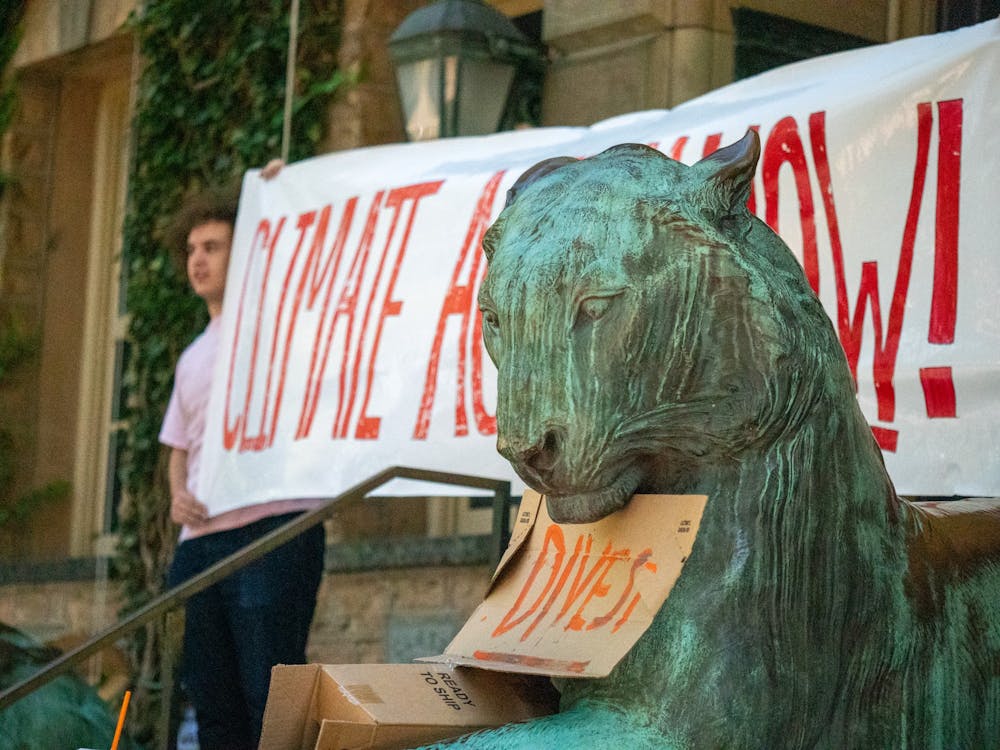Neither were his readers, when Tesla Motors CEO Elon Musk revealed that Broder’s story did not match up with the data stored by the car. Batteries were left uncharged, warnings were ignored and fueling stations were driven past. Although it is not possible to claim with certainty that Broder sabotaged the experiment from the beginning in order to get a better story, the facts are not in Broder’s favor. More importantly, it becomes clear that the intent of the article was not to critique but rather to defame the car in front of a global audience and, thus, garner a wide readership.
This form of harsh and controversial literature is not a creation of the 21st century. Even the founding fathers had difficulty determining where the First Amendment should begin and end with regard to permitting and censoring criticism. Benjamin Franklin adopted the belief that the First Amendment should be left “untouched, to be exercised in its full extent, force and vigor” as long as the “liberty of the cudgel [went] with it.” So when “an imprudent writer attacks your reputation ... we should in moderation content ourselves with tarring and feathering, and tossing them in a blanket.” Although arguably a little extreme, the founding fathers were embedded with a strong sense of culpability.
Living inside the Orange Bubble, it is sometimes easy to fall victim to the mindset that we should know better, that it may happen out “there” but not in “here.” After all, most of us aren’t carmakers seeking a good reputation or New York Times journalists being paid to write the story that gets the most views. The world of cutthroat writing and drama seems completely unrelated to the day-to-day life of a college student.
I naively bought into that belief of immunity from such an environment until I read the review of Sympoh’s new show, “Breakout,” in the Nassau Literary Review. Although a writer of any kind must be honest and forthcoming about his subject, the language used in the opening paragraph greatly overstepped the line. Granted, writing criticism of any sort or nature is a difficult task. Writers are burdened with the responsibility of being honest and giving meaningful criticism. Nevertheless, labeling Sympoh as a group that has “never been fully embraced as a true dance group on campus” and is only able to get crowds because people want to support friends, “not because [they] actually have much interest in going,” does not only ridicule Sympoh but outright “tars and feathers” it. To make such generalized statements demeans the group without providing a legitimate argument for that condescension.
The Nassau Literary Review has since removed some of the statements from the online article.
The Nassau Literary Review is not the only publication guilty of potentially offensive generalizations, nor are reviews the only type of article that can include unfounded criticism. In a recent Opinion column in The Daily Princetonian titled “Studying the Melting Pot,” Spencer Shen claims that Princeton’s Latino and African American programs are “superfluous” because they represent “such small swatches of history.” Although the author does offer a valid argument about the University’s certificate programs, any chance he had to persuade his viewers was instantly squashed the moment he belittled his topic.
Princeton is often characterized by its unofficial motto — “Princeton in the nation’s service and in the service of all nations” — and, as students of Princeton, we should strive to fulfill that motto on a daily basis by fostering a positive community within FitzRandolph Gate. This does not mean that you have to serve in a governmental position or donate millions of dollars to the University Orchestra and Glee Club (although that wouldn’t hurt). Rather, smaller things are what help contribute to the larger public good.
Now, I’m not saying that means you are not free to speak your mind. We are always entitled to our thoughts, opinions and words, which no man, group or government can ever take away. In fact, publications like the Nassau Literary Review and the ‘Prince’ have an essential duty on campus to inform their readers of criticisms. However, at the same time, bold statements — although successful attention grabbers — do not help Sympoh to improve its “horrifying” dance pieces or Princeton to revamp its “pointless” cultural studies programs. In light of this, we should keep Benjamin Franklin’s cudgel in mind; what we say has consequences. Like the Tesla Model S electric car, we should do our best to contribute to, not pollute, the world around us.
Benjamin Dinovelli is a freshman from Mystic, CT. He can be reached at bjd5@princeton.edu.









